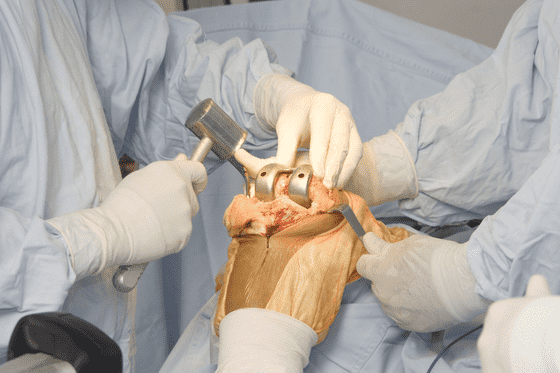Who are orthopaedic surgeons and what do they do?
An orthopaedic surgeon (also known as an orthopaedic doctor or orthopaedic, in short) is a specialist who focuses on conditions affecting your musculoskeletal system. In simpler terms, an orthopaedic surgeon helps you with diseases and conditions that affect your muscles, joints, bones, ligaments and tendons, and nerves. As a part of their job, orthopaedics diagnose your condition and help rehabilitate you to gain strength, movement, and flexibility after an accident has occurred or when you’ve undergone surgery.
Some of the most common conditions orthopaedic surgeons treat are:
Back pain
Bone fracture
Arthritis
Sprains
Joint pain
Injuries to tendons and ligaments
In the following section of this blog, we will learn about all the treatments performed by orthopaedics to treat the previously mentioned conditions.
Types of treatments performed by orthopaedics
Nonsurgical Treatments/Procedures
Orthopaedics generally recommend nonsurgical treatments before commencing any surgical procedures. Some conditions can be healed by nonsurgical procedures such as exercise and lifestyle changes. This is why orthopaedics often depend on nonsurgical procedures before delving into surgical treatments.
Some of the types of nonsurgical treatments are given below.
Medication
Some minor conditions and accidents often lead to swelling and/or pain. Orthopaedics prescribe over-the-counter medicines and drugs like ibuprofen, among others, to relieve the pain or for anti-inflammatory purposes.
Casts
Some injuries require you to keep your limb immobilized in its place to cause less strain and for the area to heal faster. In such cases, orthopaedics use casts, splints, and braces to immobilize the area.
Lifestyle changes
It is safe to assume that almost all of us who had to adapt to the ‘Work From Home’ culture have had to experience some severe back pain issues during the pandemic outbreak. As straightforward as it sounds, the back pain was caused due to sitting for long hours at a stretch while working. Therefore, sometimes your orthopaedic might suggest you make some lifestyle changes. Of course, you can’t stop working because of this; however, there are other habits that you can develop, like taking small breaks at an interval while working.
Apart from this, there are numerous other circumstances in which the orthopaedic will tell you to make any habitual or dietary changes per your body’s requirement, like the example mentioned previously.
Exercise
Your orthopaedic doctor might suggest you do some specific exercises and stretches regularly to maintain flexibility and strength in certain areas.
Surgical Treatments/Procedures
In case your situation does not improve even after applying nonsurgical procedures, your orthopaedic doctor might recommend you to go for a surgical treatment. These surgical treatments are very common, and most people of older age often require these procedures.
Some of the surgical treatments that orthopedic surgeons perform are given below.
Fusion
The fusion procedure is used to connect two bones using bone graft material and a form of internal fixation. Orthopedics predominantly use it for most neck and spine surgeries, and with this procedure, the bone tissues heal to fuse into one another over time.
Joint Replacement
Knee and hip replacement surgeries are one of the most common types of joint replacement procedures. It involves, as the name says, replacing a part of the joint which is damaged.
Soft Tissue Repair Procedure
This procedure is used to heal and repair ligaments, tendons, and muscles that are severely damaged.
Osteotomy
The type of surgery involves cutting a part of a certain bone and then repositioning it is known as osteotomy. Conditions like arthritis often cause you to undergo this type of surgery.
Final Words
You should visit an orthopaedic when home care doesn’t relieve you from pain and swelling; you have suffered a serious injury to your bone or a joint or inability to perform daily chores due to cramps and muscle sores. You must see a specialist at critical times who are professionally trained. At Medipulse Hospital in Rajasthan, you’ll find dedicated orthopedic doctors who will listen to the details of your sufferance and help in your time of need.

